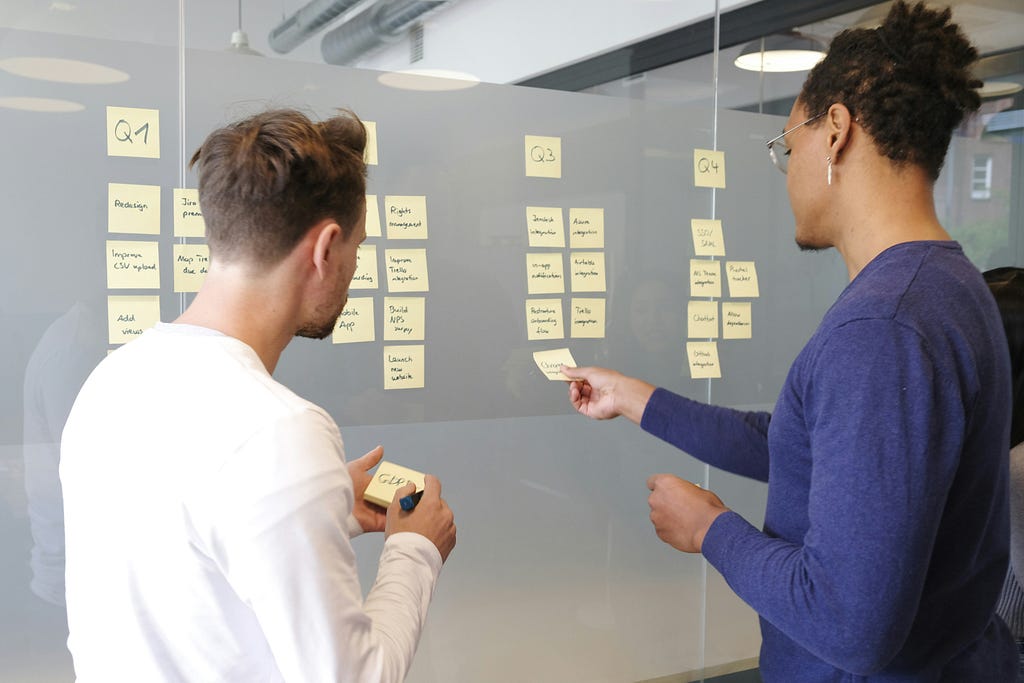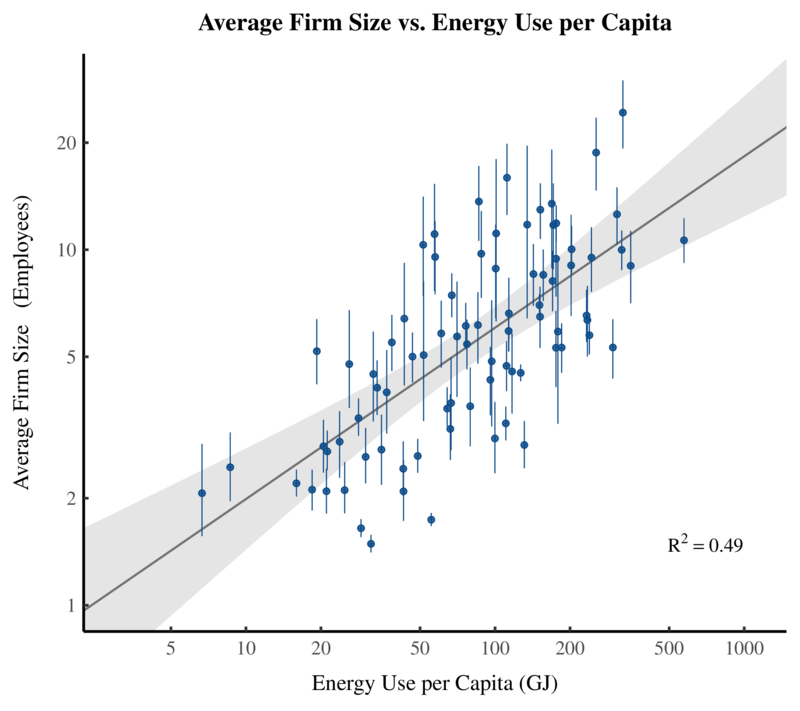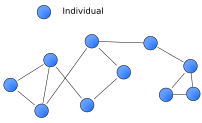
Author Amir Aryani: (ORCID: 0000-0002-4259-9774) Definition A research collaboration network is a group of researchers, and practitioners, or both, working together on joint research activities. These networks often span across disciplines, geographic boundaries, and sectors, enabling participants to share resources, expertise, and data to address common research goals more effectively than they could individually.




